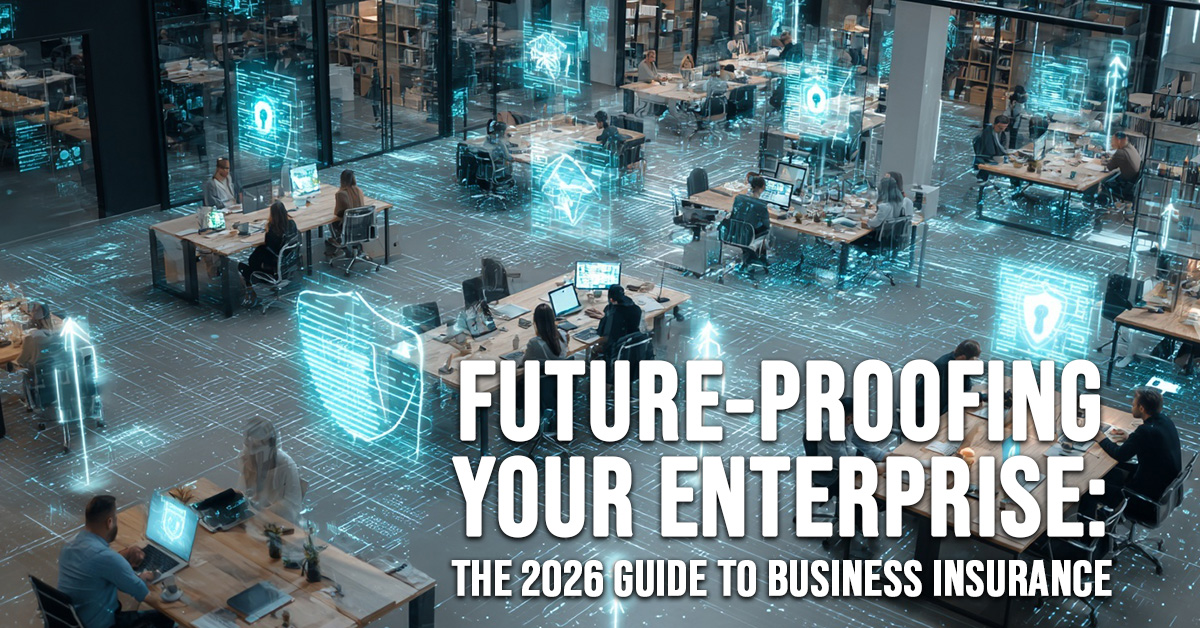Future-Proofing Your Enterprise: The 2026 Guide to Business Insurance

Future-Proofing Your Enterprise: The 2026 Guide to Business Insurance
The year 2025 has brought unprecedented change to the business world. The shift to a hybrid and remote workforce, the increasing sophistication of cyberattacks, and lingering supply chain issues have all exposed new vulnerabilities for companies of all sizes. For business owners, this means that their old insurance policies might no longer be sufficient. As we look ahead to 2026, it’s time to treat business insurance not as a static line item, but as a strategic asset that must evolve with the times. Future-proofing your enterprise requires a fresh look at your risk profile and ensuring you have the right protections in place.
Perhaps the most critical area of concern today is cybersecurity. The headlines are filled with stories of data breaches, ransomware attacks, and compromised systems. For a small business, a single attack can be devastating, leading to lost customer data, business interruption, and massive recovery costs. A standard general liability policy will not cover these losses. This is why cyber liability insurance has become a non-negotiable for nearly every business, regardless of size. This type of policy can cover costs associated with data breaches, including legal fees, notification expenses, credit monitoring for affected customers, and even the cost of a PR firm to manage your company’s reputation.
Another area that has been fundamentally altered is the concept of the “workplace.” With many employees now working from home, the lines between professional and personal life have blurred. This new reality presents unique challenges for workers’ compensation insurance. A slip and fall in an employee’s home office or an injury sustained while running a business errand could fall under this coverage. It’s crucial to work with your insurer to understand how your policy applies to a remote workforce. Some policies may have specific requirements or exclusions related to remote work, and understanding these can prevent a costly claim denial down the line.
Beyond the digital and remote shifts, the supply chain remains a fragile ecosystem. A single disruption—whether from a natural disaster, a geopolitical event, or a simple logistical failure—can halt production and cripple your business. Business interruption insurance is a vital tool, but it’s important to understand its nuances. A standard policy might only cover interruptions caused by damage to your physical property. A more robust policy, known as a contingent business interruption policy, can cover losses caused by damage to a key supplier or customer’s property. This type of coverage is becoming increasingly important as supply chains become more complex and globally interconnected.
In 2026, the mindset for business owners must be proactive, not reactive. Don’t wait for a crisis to discover a gap in your coverage. Take the time to conduct a thorough risk assessment. What are your biggest threats? Is it a cyberattack, a supply chain issue, or a natural disaster? Talk to an experienced insurance broker who can help you tailor a policy that fits your specific needs. From product liability to errors and omissions, there are more specialized coverages available than ever before. Securing your business’s future isn’t just about sales and marketing; it’s about building a robust shield that protects everything you’ve worked so hard to build.



